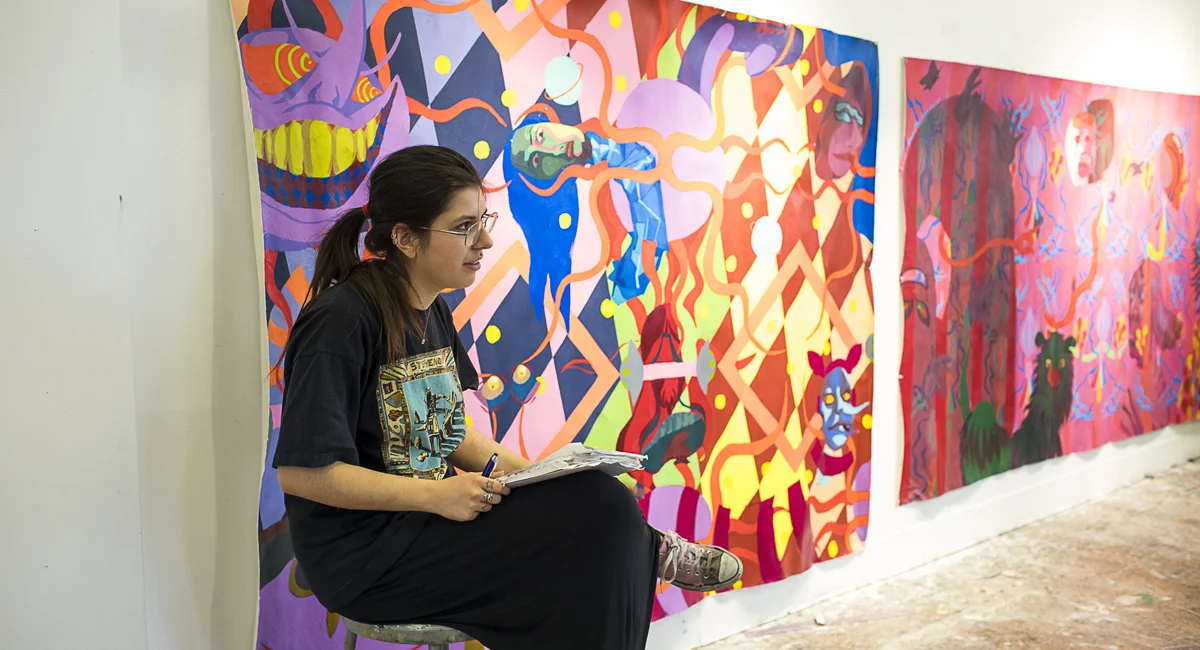Going back to making things
Right now building a career as a fine artist, or a plumber, holds a lot more promise than what the your future as an accountant looks like.

Even though the option exists to command an AI-model to create any image you may want, nothing will ever replace the uniqueness of the subjective point-of-view captured by the practice of photography.
Looking through the viewfinder of a camera, adjusting the controls to perfectly meet the prevailing light conditions...and firing the shot between breaths, captures a moment in time of an object as seen from a particular perspective.
What get's produced is not just an image, it's a snapshot of how a fellow human being sees the world.
It's the act of making something by one's own hand...and it's something, many of us, are going back to.
Art schools in high demand
It's being reported that in the US - record numbers of high school graduates are applying to go to art school and applications to learn a trade in the US are equally as popular.
It might at first seem rather surprising that demand for the arts is rising (given that enrolment in the arts has seen a steady a predictable decline for decades), but if you think about it for a moment; AI is putting a lot of doubt on the future of the knowledge-worker, and in response, the youth are turning to career paths that are less susceptible to disruption.
Right now building a career as a fine artist, or a plumber, holds a lot more promise than what the your future as an accountant looks like.
Beyond a regular monthly income, what people need (especially those who live in the world's most privileged countries) is meaningful work. Under the constant threat of displacement from things like AI and tariff wars, there isn't too much meaning coming from standard 9-5 work these days.
More:





